Nika Ananieva
I am a Ukrainian student at Wellesley College and MIT in the United States, majoring in Cognitive and Linguistic Sciences and working on interdisciplinary research in psycholinguistics and neurolinguistics. As a bilingual speaker of Ukrainian and Russian since early childhood, I have always been passionate about languages. I have been learning English, Spanish, French, Mandarin Chinese and have had brief exposure to 5 other languages. To explore my passion, I have been creating a documentary under the Davis Project for Peace Fellowship about the bilingual language experience of Ukrainians. Additionally, I am working on my debut fiction novel about a group of students inventing a new language. However, like many other nineteen-year-olds, I face challenges with concentration and focus due to the pervasive influence of social media, the internet, and AI. This talk is based on previous research and my case study of young polyglots who have encountered similar obstacles. I aim to share techniques that will help students who genuinely love languages but struggle to focus on learning them.
Gen Z and Language Learning: Enhancing Focus and Attention Span Through Gamification
Artificial Intelligence, social media platforms and the internet have been a constant widespread environment around Gen Z since our early childhood, making us accustomed to finding answers immediately after one click. In the long-term perspective, this constant easy access to information has led to a dependency on fast progress, continuous task switching and a rapid loss of interest without additional dopamine stimulation. In our fast-paced world, everyone is required to quickly acquire knowledge and skills in order to be qualified for any position, however, the traditional language learning system in formal education is not fully equipped to accommodate Gen Z learners and their needs. Young polyglots seem to face significant challenges due to the lack of concentration and short attention spans. Without proper accommodation, this can lead to a lack of self-discipline and a loss of interest, even in those who genuinely love learning languages. This talk will explore gamification and microlearning techniques tailored for language learning from a Gen Z perspective, based on a case study with young polyglots. By addressing these issues, we can develop more effective strategies for engaging and educating the next generation of language learners with other needs, obstacles and desires.

